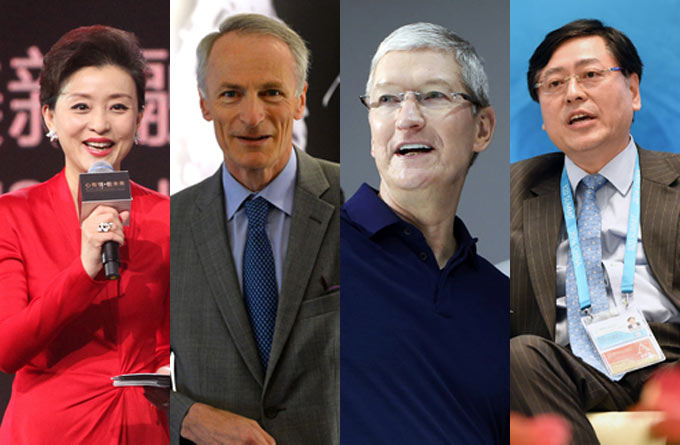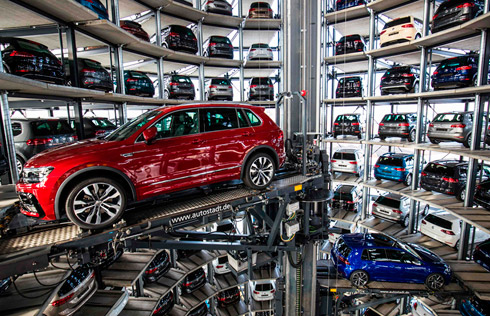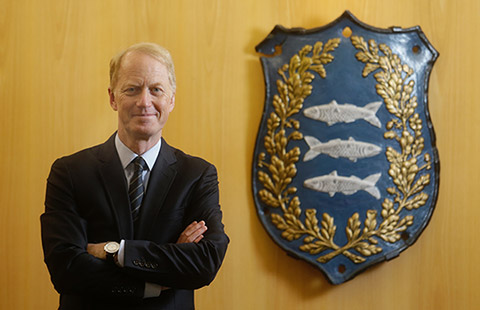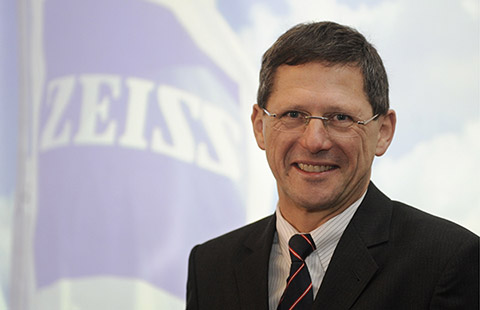JV eyes nation's waste treatment market
"But in future, we will share in any form of investment to manage or even build new waste treatment facilities together," he said, adding his company and its partner plan to grow their waste treatment operations in the country, especially in facilities that generate energy from waste.
Experts say there has been very little progress made in recycling and sorting China's garbage, coupled with the fact that there is less available space for landfill.
A report from China International Engineering Consulting Corp, a Beijing-based company, said that about a third of China's 700 landfills will reach capacity by the end of 2015.
The Chinese government has underlined its support for the development of more waste-to-energy facilities, where waste can be converted into power by means of thermal treatment, also known as incineration.
China aims to treat 35 percent of its garbage through waste-to-energy technology by the end of 2015, from 20 percent at present.
"Waste-to-energy is far more efficient technology. These kinds of facilities can bring in a lot of benefits in terms of environmental protection, energy recovery and improved living conditions for Chinese people," added Mark Venhoek, the CEO of SITA Waste Asia.
Venhoek said he is well aware of the public concern in China about air contamination from waste-to-energy systems, and that solid waste in China often contains more liquid compared with waste in Europe, Suez Environment's largest market.
But he said he was confident that with his company's 100 years of global waste management experience and the local know-how of its Chinese partner, the technology to be developed and used will be safe, and lucrative for the venture.


















